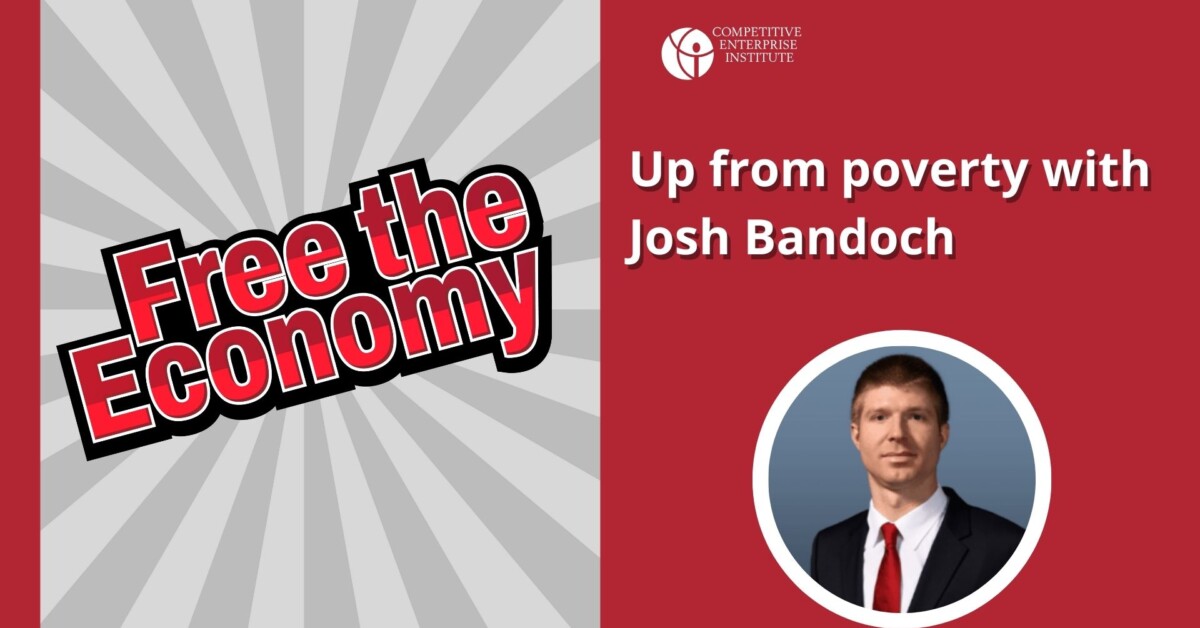In recent years, economic changes in Spain have had varying impacts on different regions. While some rural and small to medium metropolitan areas have seen job losses and slow income growth, large metropolitan areas have experienced more dynamic behavior. Demographic changes have also varied significantly across provinces, with differences of almost ten years in average population age between them. These transformations have led to increased disparities in inequality and well-being indicators when measured at the municipal level.
A recent report by the Alternativas Foundation highlights these disparities in inequality and well-being across different provinces in Spain. Municipalities in Madrid, Barcelona, the Basque Country, Galicia, and isolated cases like Zaragoza or Logroño have shown higher well-being indicators than locations with below-average values, primarily found in the south of the peninsula and the Canary Islands. Inequality is much higher in large cities like Madrid, the Mediterranean coast, and the islands than it is in rural areas.
These disparities are driven by various factors related to economic processes and their effects on territorial economic differences. The concentration of companies and workers in certain areas can lead to a cumulative process of agglomeration and the emptying of other regions. In large cities, this concentration creates a large market that attracts both companies and workers. However, social, institutional, and cultural influences also play a role in these disparities beyond just economic factors.
Recent decades have seen a significant increase in income differences within large cities themselves. Pockets of poverty exist alongside growing wealth gaps between those with higher human capital who tend to congregate in urban areas where returns are higher and those with lower endowments of capital who face poverty traps due to low levels of investment in rural areas. This dichotomy between urban and rural areas does not fully capture the diversity of economic inequities across different regions within countries. Therefore, policies should be developed that take into account both territorial and people-focused approaches to address these complex issues effectively.
To tackle these challenges head-on, a combination of policies focused on territories and individuals is necessary. Traditional redistributive policies may help reduce some forms of inequality within specific territories but cannot address all complex issues that arise from diverse economic conditions across different regions.
Policies promoting social development are crucial to tackling these challenges effectively as they aim to improve economic outcomes for individuals while addressing broader societal issues such as education levels, health care accessibility, job creation opportunities for marginalized communities.
Therefore, it is important for policymakers to develop comprehensive strategies that combine both territorial-based interventions like infrastructure development or regional investment incentives with individual-based policies that focus on education or employment training programs tailored specifically to each region’s unique needs.



